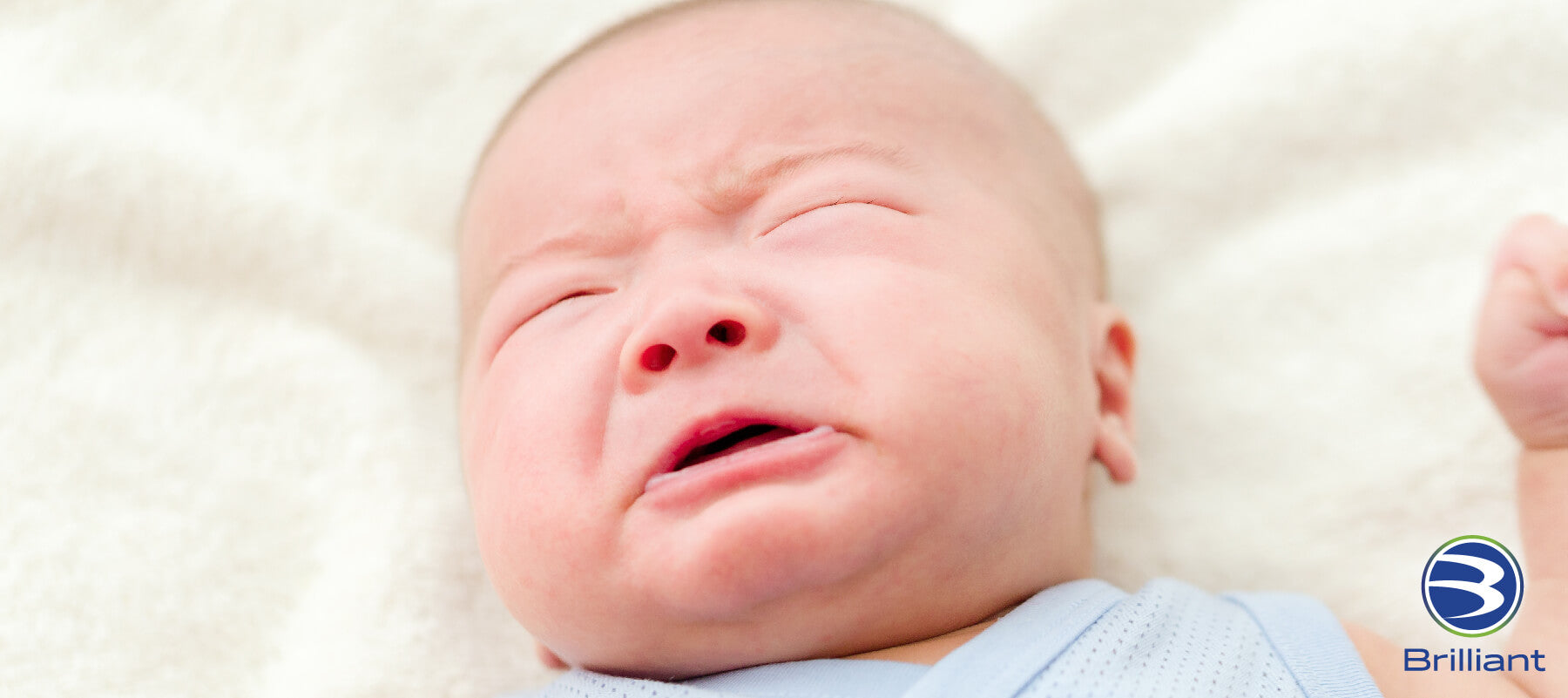- Phone: 1.404.373.4030
- Opening Hours: Mon-Fri 9AM-5PM Eastern

DISCLOSURE: Noelle Copeland RDH is the oral care specialist and dental consultant to the Brilliant and Baby Buddy oral care lines through Compac Industries. See terms below
An ounce of prevention is worth a pound of cure.
Benjamin Franklin
Treatment without prevention is simply unsustainable.
Bill Gates
Diseases can rarely be eliminated through early diagnosis or good treatment, but prevention can eliminate disease.
Denis Parsons Burkitt
The doctor of the future will give no medication, but will interest his patients in the care of the human frame, diet and in the cause and prevention of disease.
Thomas A. Edison
So why am I talking about prevention in a blog about baby tooth problems and injuries? Well, the fact is, the number one chronic disease in children today is dental tooth decay. Teeth that are infected with decay are injured and diseased by that decay, and those teeth are more susceptible to breaking or fracturing from a physical injury. Especially if the decay is left untreated. So our first defense against baby tooth problems is to build healthy baby teeth in utero and keep them that way, and that starts while the mother is pregnant.
Pregnancy
Your baby’s oral health and your pregnancy are intricately connected. Did you know that during the third and sixth month of pregnancy, children’s primary baby teeth begin forming and mineralizing? What you eat during pregnancy affects the growth of your unborn child in every way, including the development of baby teeth.
Calcium & Phosphorus are essential for strong teeth and need to come from the mothers diet. If an expectant mother doesn’t get enough calcium in her diet to support the pregnancy, the body will pull it from the mothers bones to give the baby what it needs.
Phosphorus, another mineral that accounts for the hardness of teeth is found in many high protein sources such as meat and milk. Vitamin D helps the body absorb and retain calcium and phosphorus. However, very few foods contain Vitamin D naturally. Vitamin D is produced in the body when the skin is exposed to direct sunlight. An expectant mother should be taking prenatal vitamins to help supplement the vitamins, minerals and nutrients she needs while pregnant.
After the baby is born
Primary teeth begin to appear in the mouth between 4-8 months of age for most children. Starting at 3 months of age, babies will begin to teethe in preparation for the baby teeth to break through the gums. Most children develop a full set of 20 baby teeth by the age of 3 years. But don’t wait until the first baby tooth comes in to start oral care, start oral care early!
Now that we have talked about early oral care prevention, let’s dive into the ups and downs of treatment for baby tooth injuries, trauma, and problems.
Decay is the primary cause of chronic tooth sensitivity in children and the most chronic childhood disease. And even though you might not think of decay as “Trauma”, it is. Decay is an active infection in a tooth, that will continue to grow and traumatize the enamel, dentin and eventually the pulp if it is left unaddressed. As soon as baby teeth are fully erupted into the mouth, they are susceptible to decay. This is why starting an oral care routine before any teeth erupt is so vitally important.
When a tooth has a cavity in it, this creates a hole, this hole continues to grow if left alone, and as it grows, it gets closer and closer to the pulp/nerve of the tooth, creating sensitivity to temperatures and chewing. There are instances where children can have cavities and have no sensitivity or pain at all, this is why it’s important for children to see the dentist regularly.
Tips for Avoiding Baby Tooth Decay:
Unfortunately, if your child does get a cavity, it needs to be addressed by a dentist. Most cavities will need to be removed from the tooth and the missing tooth enamel/dentin is then replaced with a synthetic dental material.
If your child chips a tooth, it will most likely be a front tooth but molars can chip too. If a tooth is chipped, assess the following:
Teeth that get completely knocked out or traumatically loosened can oftentimes be put right back into the socket, especially for permanent teeth. Believe it or not, tiny fibers of tissue and blood vessels will reattach and hold the tooth in place. Oftentimes the tooth will become darker if this happens, because parts of the tooth become filled with blood and dead tissue.If you have a young child who accidently has a permanent tooth knocked out. It’s better to get the natural tooth back in the mouth to heal. It will change color some, but as long as infection is not a concern, the tooth will be ok. And eventually, in the future, a more permanent solution can be applied to address the look and color of the tooth.
An accident that causes the gum, lip, or tongue to bleed can be quite a shock, but here’s what you can do:
Oral health is important for everyone! Talk to your dental professional about any challenges you may encounter or questions you may have about taking care of your mouth. Remember that the right tools, used the right way mean everything when it comes to oral hygiene. Be sure to check out the best baby finger toothbrush, and the best toothbrush for kids by shopping our store at https://brilliantoralcare.com/collections/baby-buddy-by-brilliant
© 2021 Compac Industries. All rights reserved.
This article is intended to provide an understanding of and knowledge about “oral health topics” as expressed through the perspective and experience of the author. It is not intended to be a substitute for professional advice or counsel, including the diagnosis or treatment of any condition. Always seek the advice of your dentist or other qualified healthcare provider with any questions you may have regarding a medical condition, an oral condition, illness or treatment of any listed or non listed situation above. By using this site, you signify your assent to our Terms and Conditions. If you do not agree to all of these Terms and Conditions, do not use this site.
Noelle Copeland RDH is an Oral Care Specialist and Dental Consultant who provides content for Brilliant Oral Care and Baby Buddy.


DISCLOSURE: Noelle Copeland RDH is an Oral Care Specialist and Dental Consultant who provides content

DISCLOSURE: Noelle Copeland RDH is an Oral Care Specialist and Dental Consultant who provides content

We believe that all people are fearfully and wonderfully made and designed in the womb for a grand purpose.
Useful Links
Copyright © 2023 Compac Industries | All Rights Reserved.